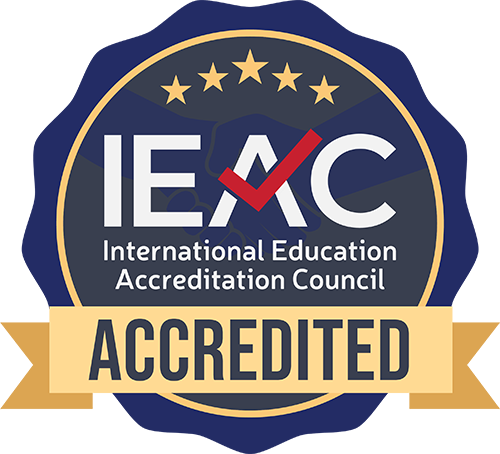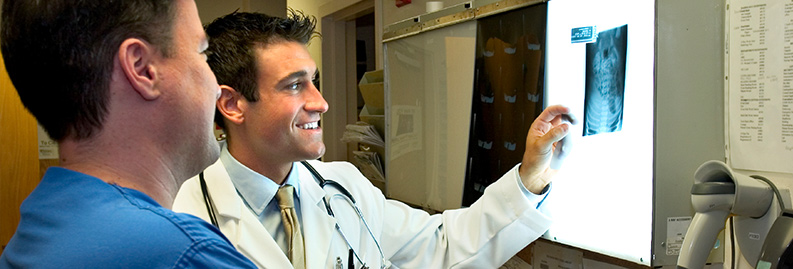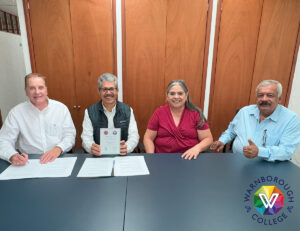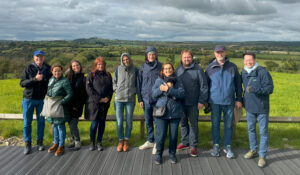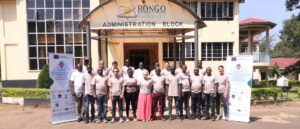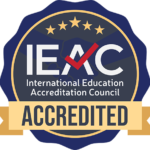Recently, a potential student wrote in to ask if his vast experience might count for something. His original GPA scores had been low, but he had gone out and worked in all manner of jobs, gained lifetime and travel experience some of us can only dream about.
His gripe was that other schools would not accept him because he didn’t have a formal background in a particular subject matter and that his GPA was too low. He had spent years researching his subject of interest, but these other schools did not deem this to be sufficient. Oh, you have to have a degree in the subject, or similar, to be considered – they told him. Furthermore, his life experience and peripheral knowledge was ‘not useful’, as far as they were concerned.
That’s where our Accreditation of Prior Experience and Learning (APEL) framework comes in.
Learning can be formal or informal. If it is formal, it means you actually attended a course of study where you may or may not have received an award. We call this ‘Accreditation of Prior Certificated Learning‘ (APCL). It could be a workshop or a seminar or even a whole degree, for which you receive some official token of completion.
In informal learning, you may have a particular interest in something (e.g. Ancient Greek mythology). By reading everything you can about it in your spare time, you end up becoming somewhat of an expert. This knowledge can be worthwhile, and worth some thing too.
The area of experience is broader, and in some ways, harder to define.
Experiential learning could be what you learn whilst doing something, for example, as part of your work. You may have had to develop skills ‘on the job’ such as handling customer complaints (resolving conflict), making presentations (public speaking skills) or becoming adept at using spreadsheets (IT skills). This can be quantified and qualified to a certain extent against set learning outcomes for a particular course.
There is stuff that you learn in every day life such as not to touch a kettle which has just finished boiling. However, you may have had to learn something fast and well in special circumstances. For example, if you have had to suddenly become a carer for someone who has become ill, you may have had to learn skills associated with this that you had never known before. This could be related to diets, or ways of lifting someone, the dosage and effects of certain drugs, symptoms of a disease and treatments. This would be knowledge that you probably wouldn’t have normally accessed until it was forced upon you. Like the other forms of learning, there are various ways of quantifying and qualifying this knowledge against set learning outcomes.
Obviously, not everything is applicable to everyone and to every course. It all boils down to competencies – what is needed for what purpose by whom. If you wanted to do a degree in Creative Writing, for example, then you should be able to demonstrate some competencies in writing. However, we would also look for competencies in creative thinking, logical development, and tenacity, amongst other things.
As for the chap above, well, just looking at the catalogue of experience and other studies made us realise he was an excellent candidate for the Master’s. Even if his Bachelor’s degree was in a completely different field, his personal interests and subsequent research demonstrated that he was already very familiar with the subject matter of his intended specialisation. To deny him on the basis of a box-ticking exercise would be a shame. And, should he fall short of expectations on the programme, it will provide him with another opportunity to learn and hit the heights.

